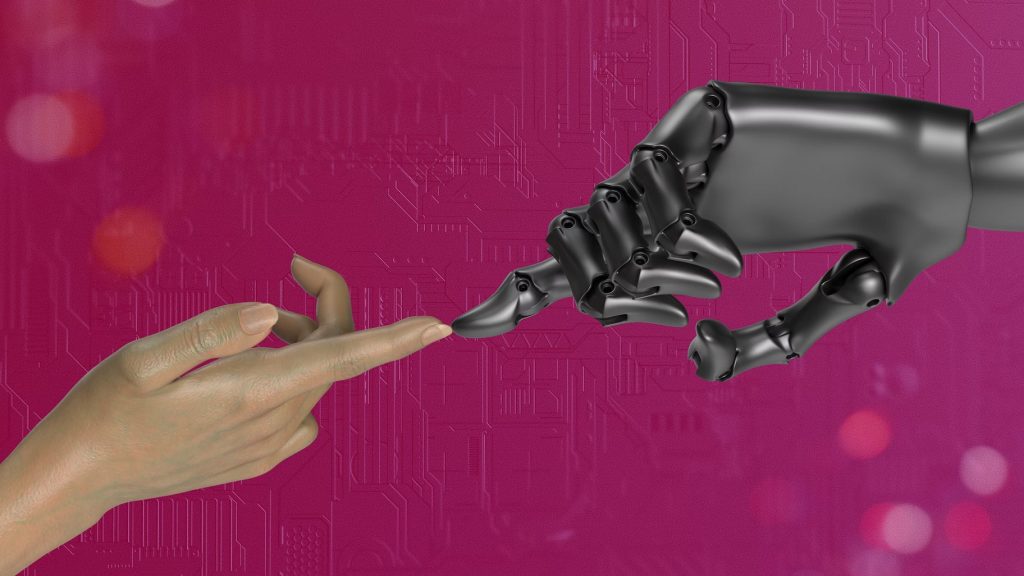
Artificial intelligence (AI) is reshaping the travel landscape by offering unparalleled efficiency and convenience. These AI-driven systems can quickly analyse vast amounts of data, tailoring travel recommendations based on individual preferences. From booking flights and hotels to providing real-time updates, AI travel agents offer a streamlined experience that saves travellers time and effort.
However, the big question is, as AI becomes more integrated in the travel planning process, what does this mean for the future of travel, and will AI eventually replace human travel agents?
The rise of AI travel agents
AI travel agents bring several advantages to the table, particularly in handling the logistical aspects of travel. Managing travel disruptions like flight cancellations or itinerary changes with real-time updates, for example, provides immediate responsiveness which is a significant advantage in customer service.
One of the other key benefits of AI in travel is its ability to handle repetitive tasks and answer common queries. For instance, companies like Satisfi Labs are already deploying AI chatbots to assist destination marketing organisations (DMOs) and clients with immediate responses to frequently asked questions. This allows human agents to focus on more complex and nuanced aspects of travel planning, where personal touch and creativity are essential.
AI-driven tools can also help travellers discover new destinations or activities they might not have considered otherwise. AI can suggest unique experiences based on the traveller’s interests, potentially enriching their travel experience.
According to McKinsey & Company’s recent case study, ‘AI agents’ are likely to be the next step in the AI-volution. The potential of “agentic” AI systems means they can autonomously handle complex tasks like booking intricate travel itineraries and streamlining business processes. These AI agents, unlike traditional chatbots, can navigate multistep workflows, significantly reducing manual intervention and improving efficiency. Key improvements the case study identified included handling complexity, simplifying automation through natural language, and seamlessly integrating with existing tools transforming how businesses operate.
Will AI replace human travel agents?

Despite the impressive capabilities of AI, the idea that it will completely replace human travel agents is far-fetched. AI excels at processing data and managing logistics, but it lacks the creativity and personal insight that only a human can provide. Travel is not just about getting from point A to point B, it’s about the experiences, the hidden gems, and the unique moments that make a trip memorable.
Human travel agents bring a level of personalisation that AI simply cannot replicate. They possess the local knowledge and expertise to recommend that “hole in the wall” restaurant or an off-the-beaten-path experience that might not have a significant online presence but is cherished by locals. These are the kinds of experiences that make travel truly special – and that’s very much about the human touch and the emotions they evoke.
The future of AI in travel is a balancing act
The future of travel lies in a harmonious blend of AI-driven efficiency and human-led personalisation. Despite AI travel agents transforming the industry, they are best seen as complementary tools rather than replacements for human agents. The real value in travel comes from the combination of cutting-edge technology and the irreplaceable personal insights that only a human can provide, ensuring that every journey is as exceptional as the traveller embarking on it.



